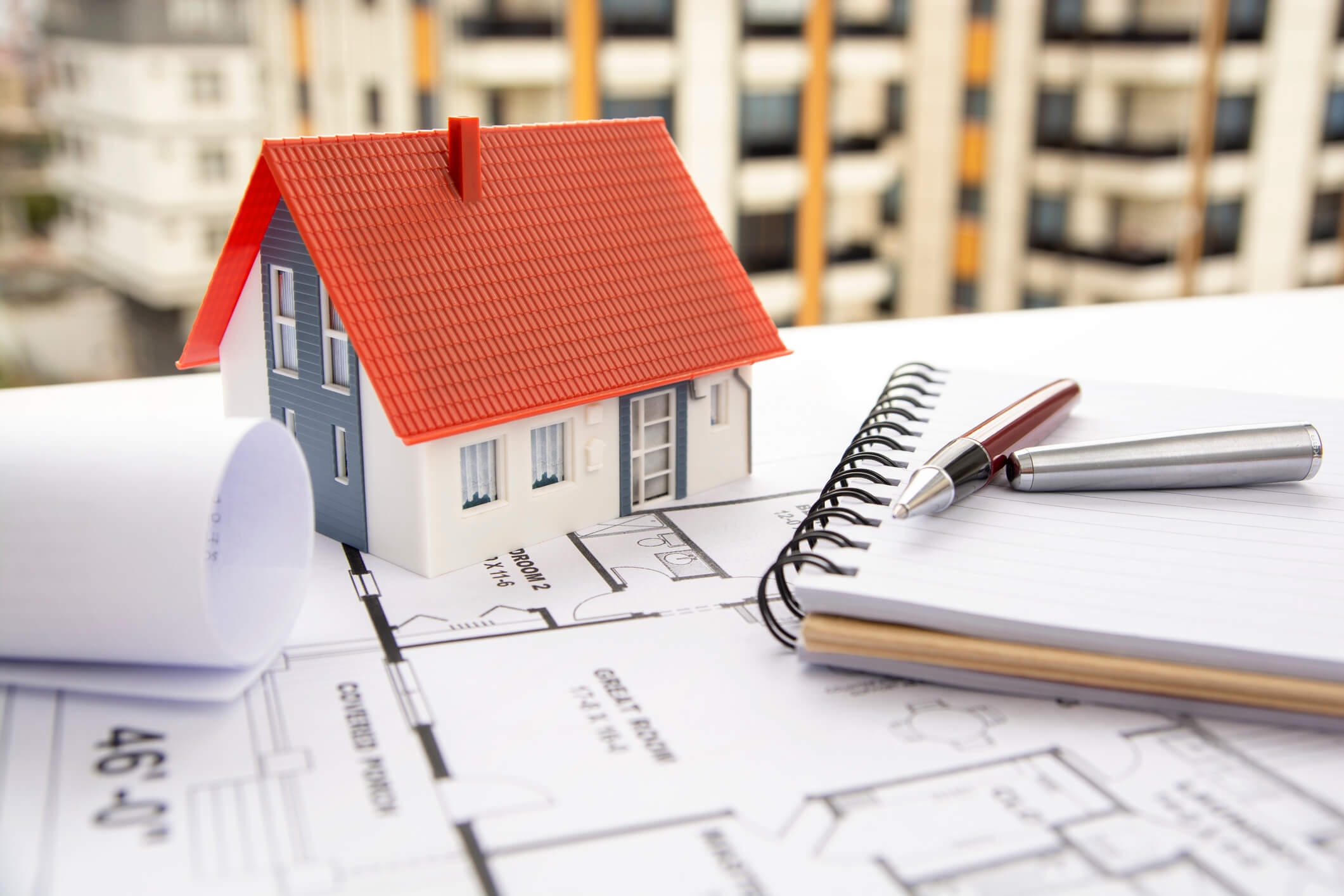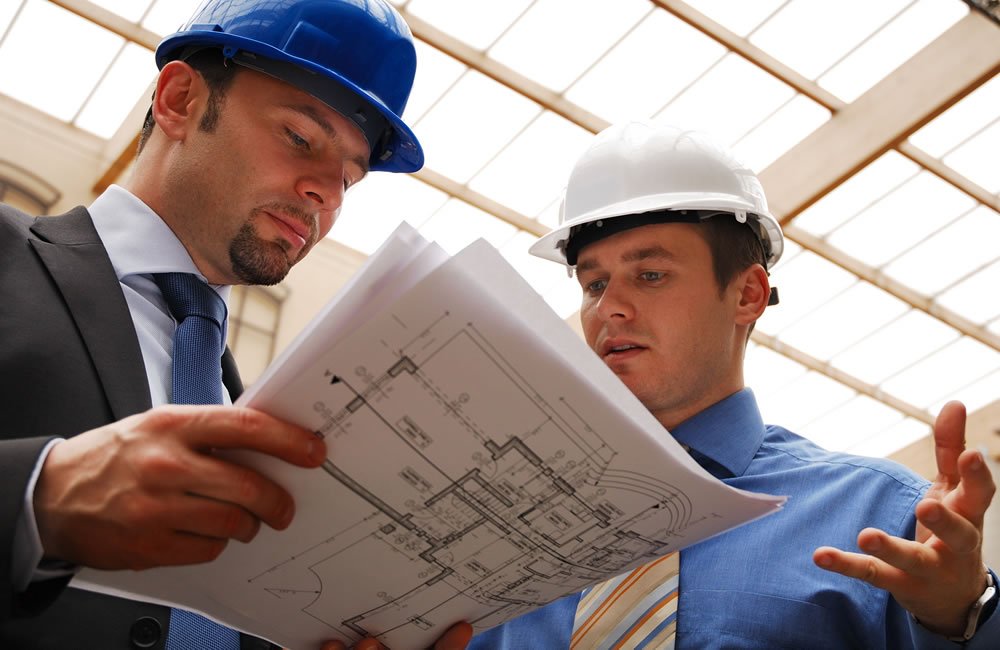Unveiling the Dynamics of Property Developers: The Architects of City Transformation
Unveiling the Dynamics of Property Developers: The Architects of City Transformation
Blog Article
In the crowded industry of real estate property developers stand as the creators of contemporary urban landscapes as they manage the transformation of areas of land that are not being used into growing neighborhoods and commercial centers. They play an integral role in reshaping skylines in order to address housing demands, and stimulating economic growth. Their projects encompass a multitude of projects, ranging from residential developments to commercial locations, all leaving an imprint on the cities they inhabit.
The core in the business of property developers is a desire to convert the vacant property or neglected properties into useful assets. They analyze the trends of market and assess the requirements of the local community, as well as envision plans that can meet the needs and desires of both. The vision usually involves collaboration with urban planners, architects, and local authorities to ensure that their plans are aligned with the zoning laws, infrastructure requirements, and environmental concerns. From luxurious condos to mixed-use developments, property owners are adept at conceptualizing and building projects that appeal to the diverse needs of different demographics and interests.
Beyond the scope of vision, property developers have a knack for navigating the intricate web of regulations permit, permits and zoning laws that govern construction and development projects. In order to navigate through this maze of bureaucratic complexities, they require an expert knowledge of logistics and law. Developers must engage with local authorities, engage in consultations with the community, and adhere to the environmental regulations. How they navigate these issues will determine the fate of a development, significantly impacting timelines and profits.
In addition to residential projects, property developers play a pivotal role in shaping commercial spaces, driving business activity and encouraging innovations. They are responsible for creating vibrant business districts as well as retail centres and mixed-use development, which attracts investment in the form of job openings, as well as fostering entrepreneurship. These dynamic spaces serve as engines for urban revitalization, breathing new life into abandoned neighborhoods, and reviving urban cores. To generate more information please see my response
Within the field of commercial real estate, property developers serve as a catalyst for growth as well as urban rejuvenation. When they invest in commercial properties such as office structures, shopping centers, and industrial parks, they help to stimulate employment, draw investments, and increase the vitality and overall quality of urban areas. Location selection, strategic location expansion, and the provision of amenities can be crucial to maximizing the potential of commercial developments. In addition the adaptive reuse of existing structures and brownfield sites is a way to give new life to secluded regions, and encourage imagination and innovation in urban planning.
As we look to the future, the role of property developers will continue to shift in line with changes in the demographics of people, urbanization trends, and global challenges. Growing demand for mixed-use developments as well as transit-oriented communities and places that promote wellness will define the next generation of projects. Additionally, the need to combat climate change and increase social equity will push developers to adopt innovative approaches and collaborations. This dynamic and ever-changing landscape requires flexibleness, adaptability as well as a progressive mindset are going to distinguish the trailblazers who redefine possibilities in the field of real development.